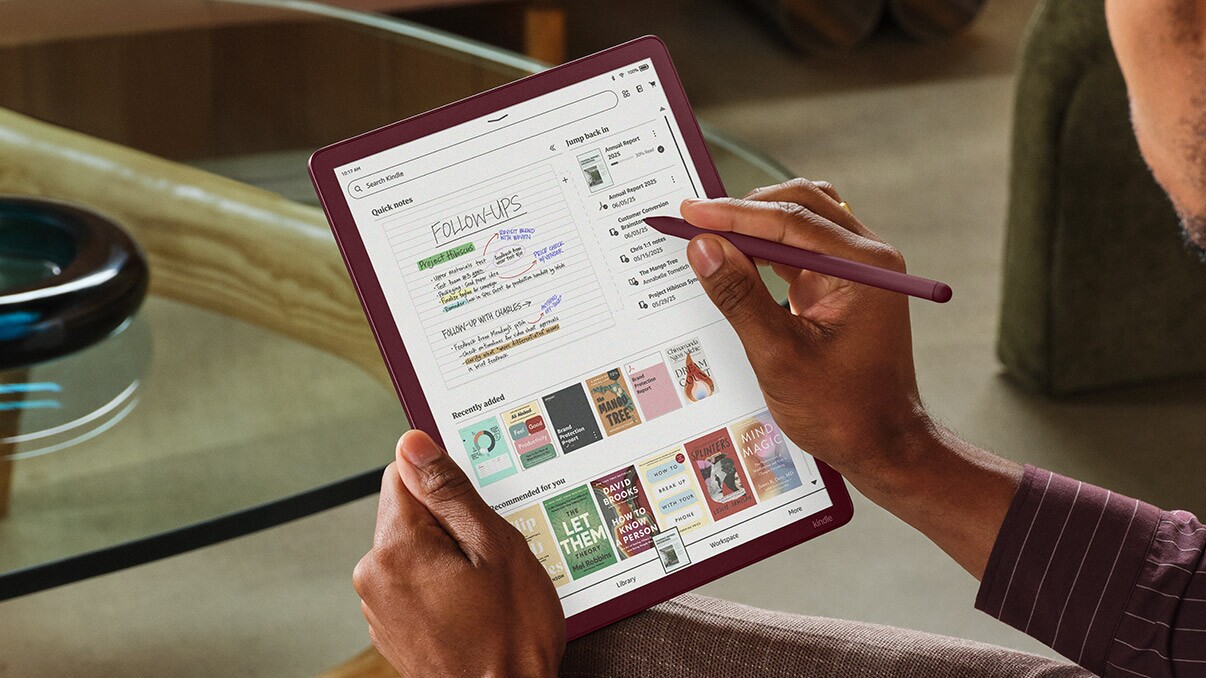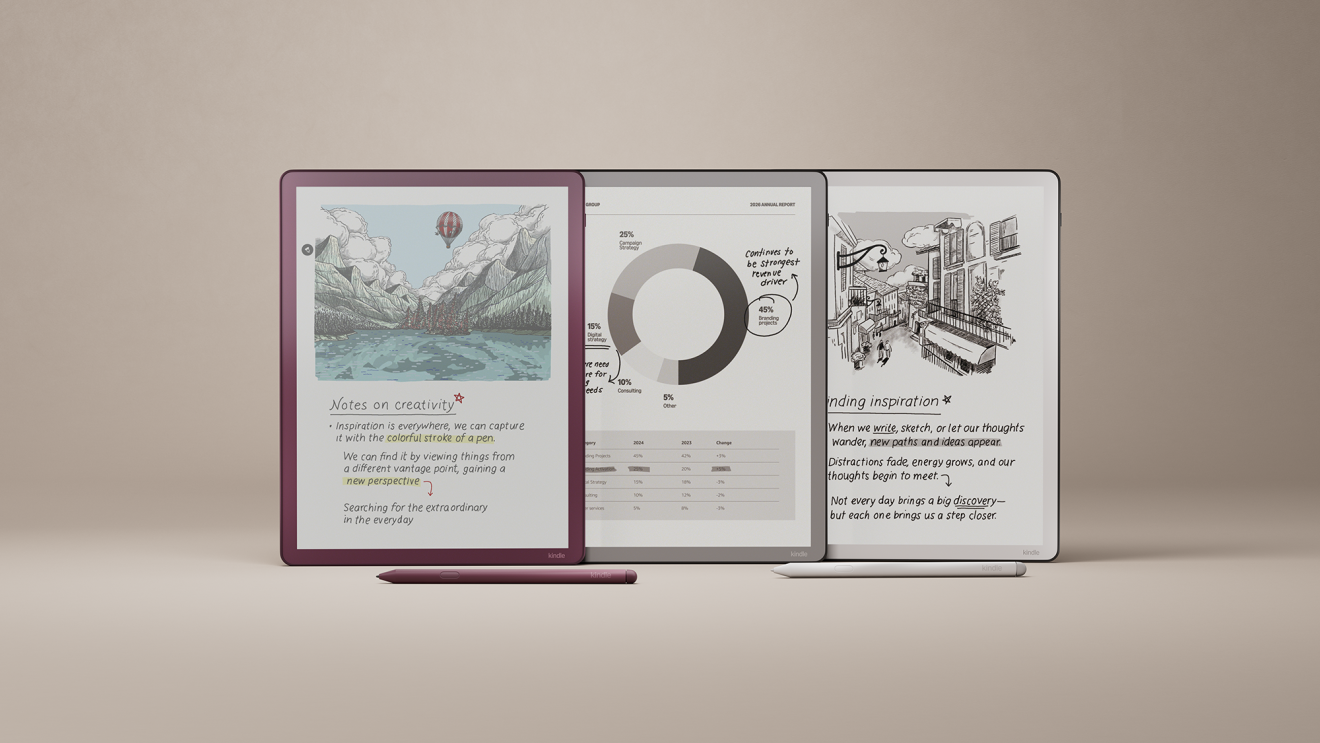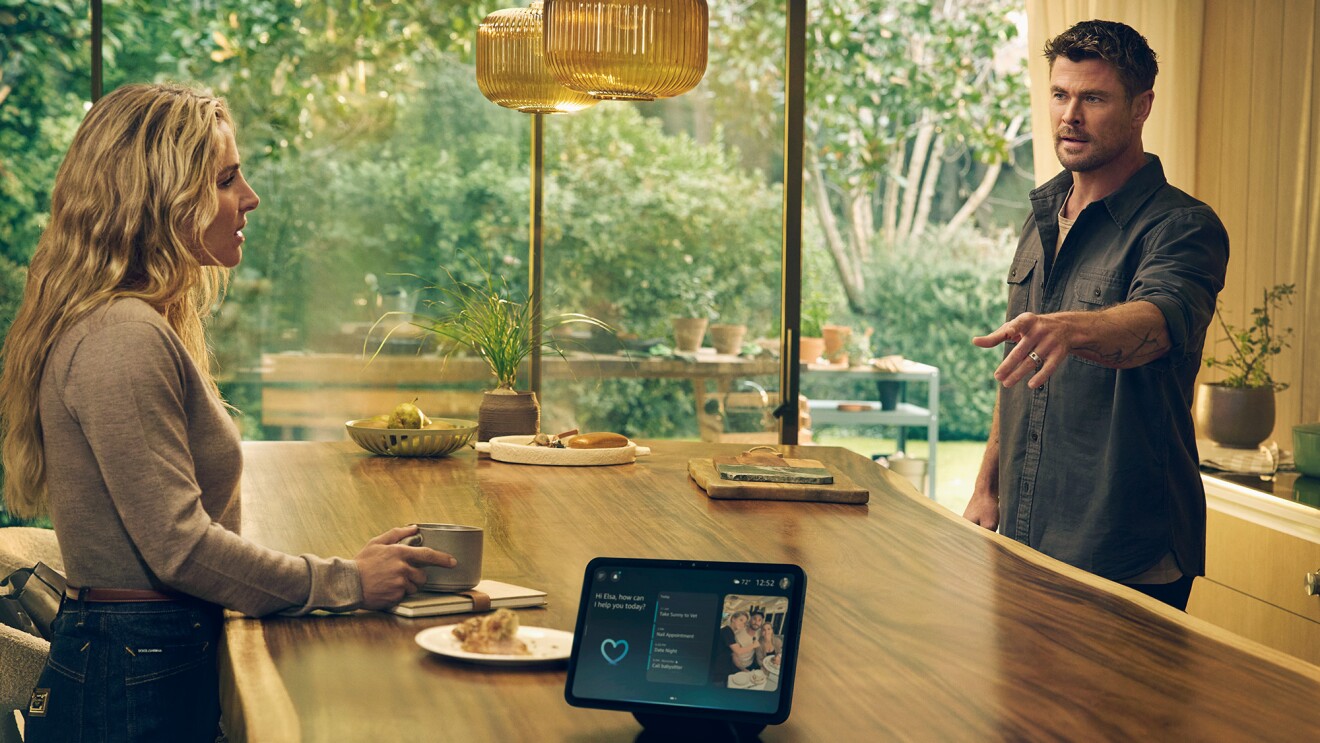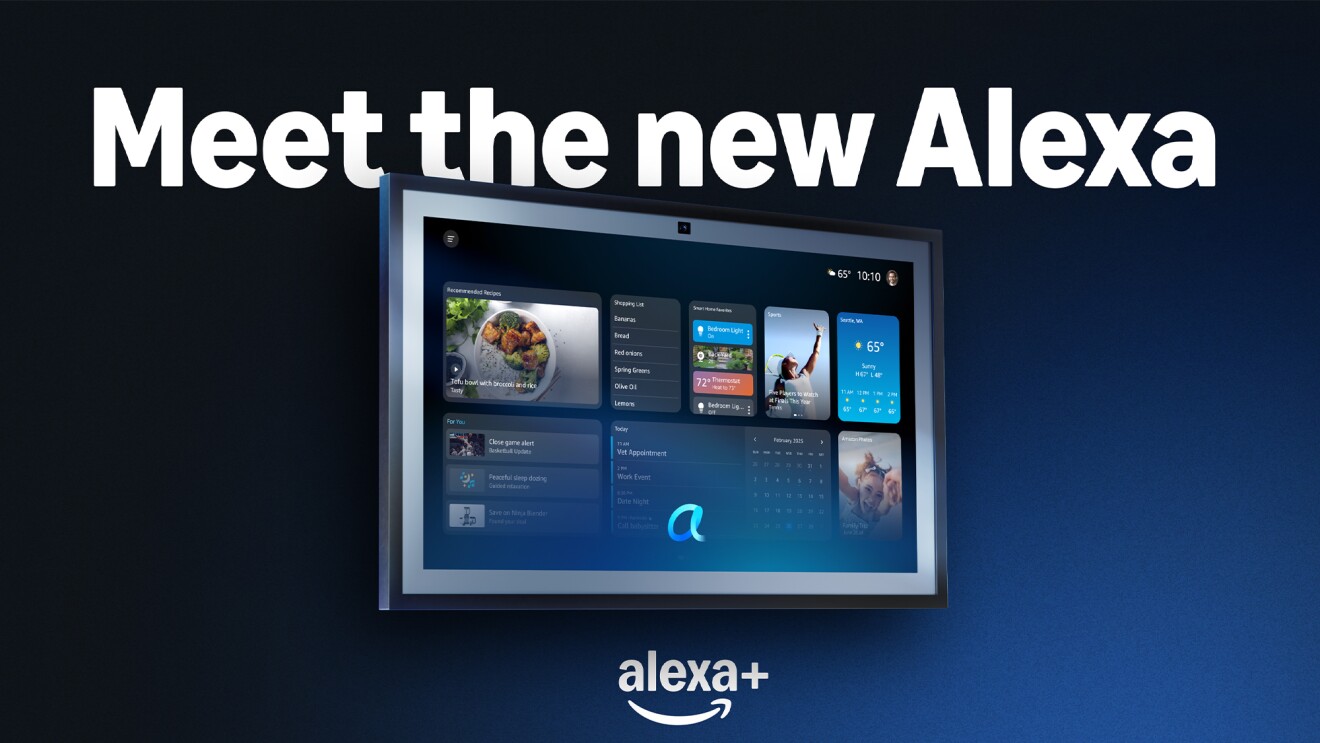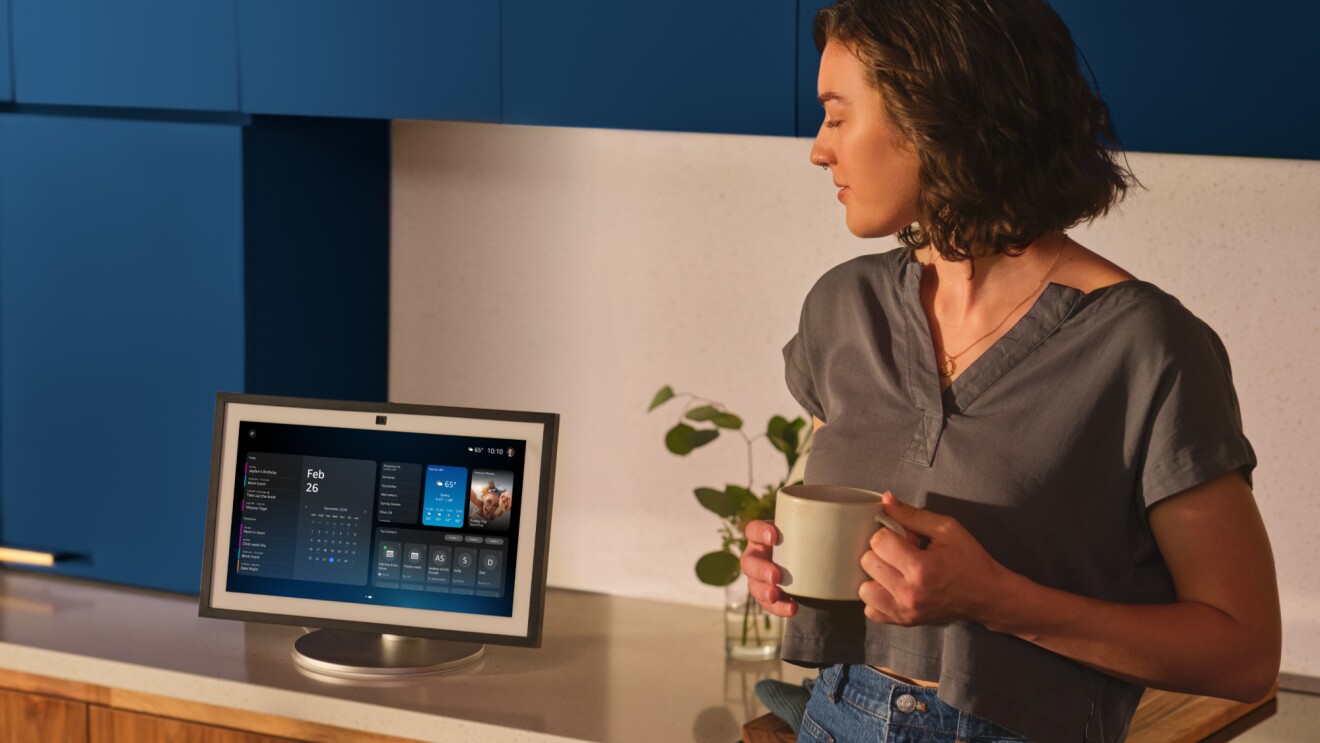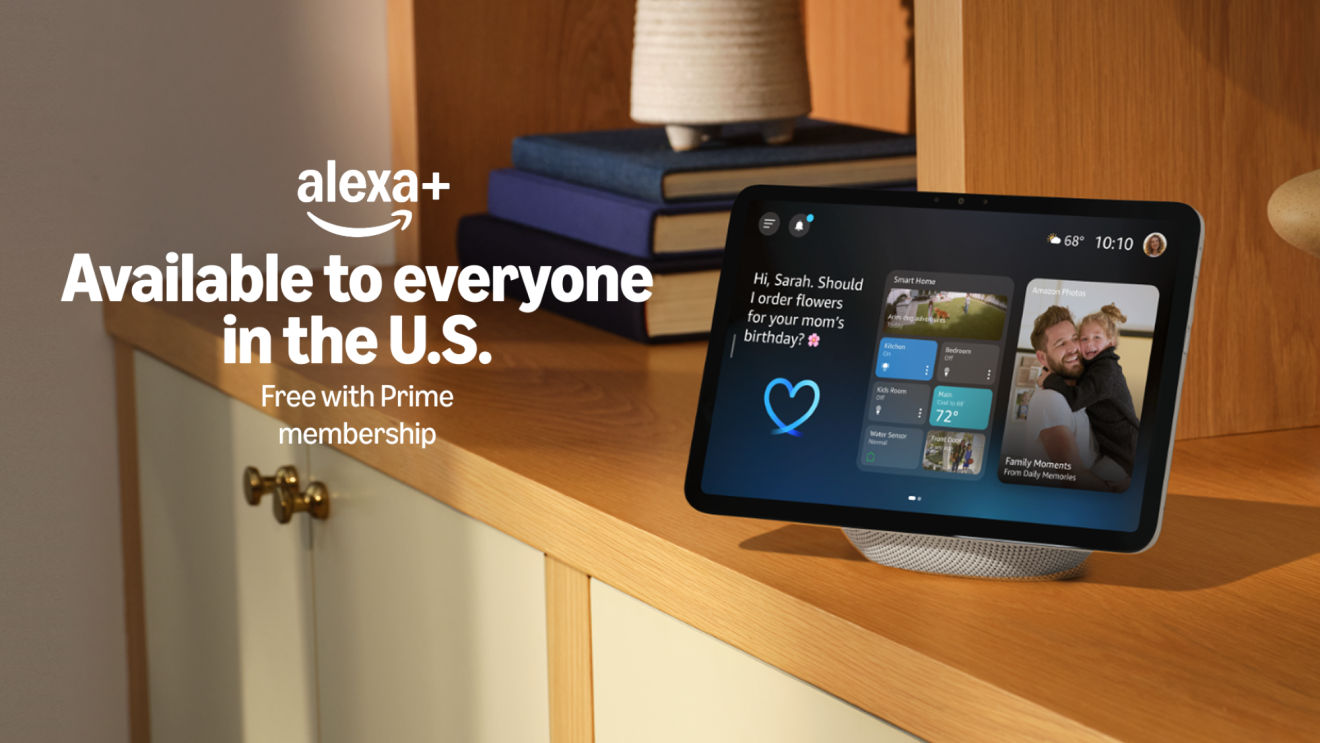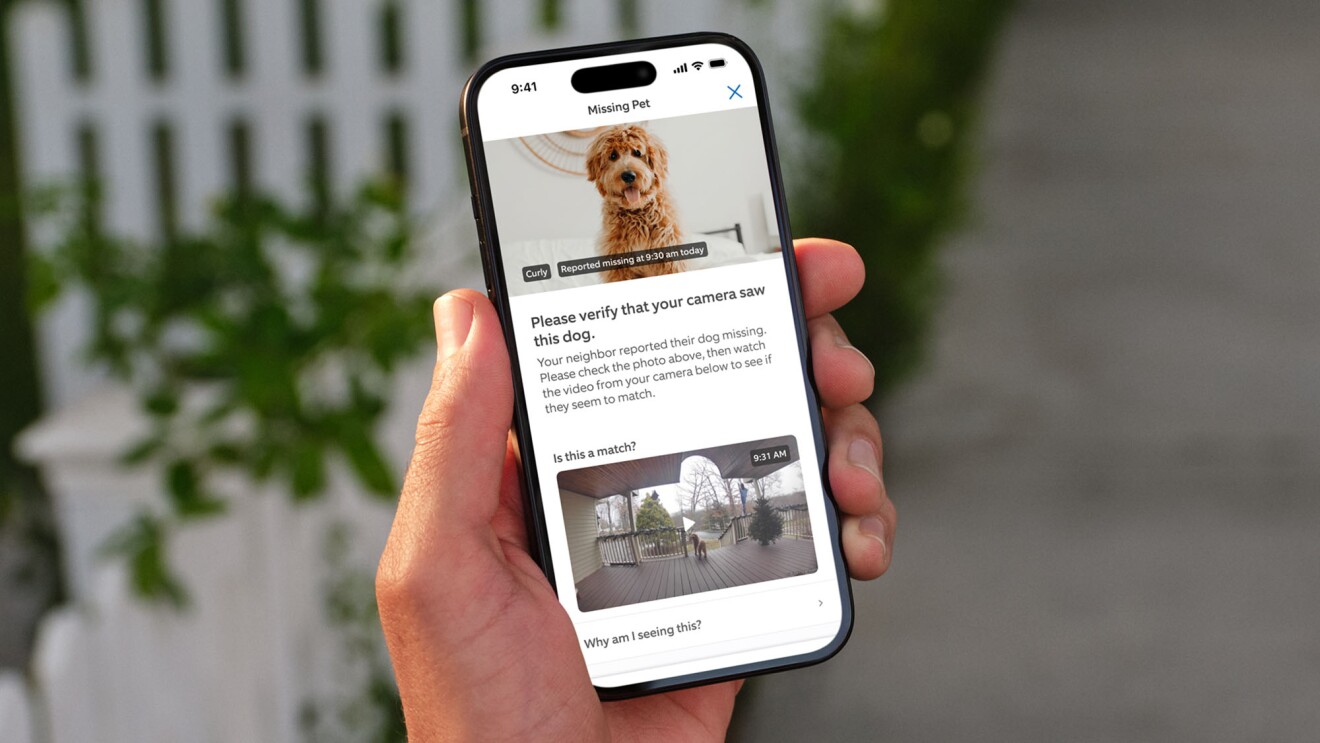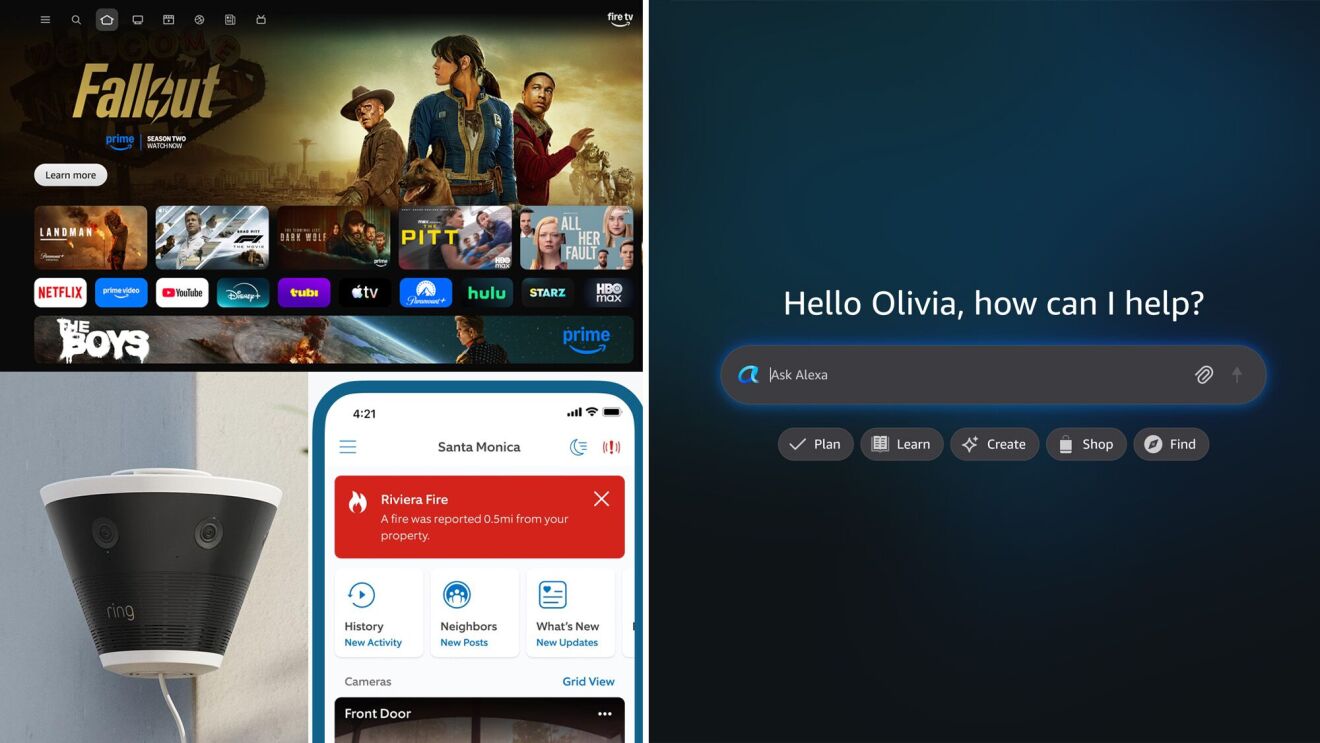Artificial Intelligence (AI) has come a long way in the last decade with several experiences we dreamt of in science fiction starting to turn into reality. While AI’s utility is reaching far more end users and developers than ever before, we are in the early stages of realizing the profound ability of AI to adapt to us, instead of us conforming to it. Through advances in self-learning and self-service coupled with increased self-awareness of the ambient state, we are making our AI-powered services more natural, more useful, and more trustworthy for everyone.
Today, we announced several products, features, and services that show a new, more generalized intelligence paradigm has arrived, one where AI is adaptive, proactive, and simple to use for everyone. Here are a few illustrative examples of the AI-powered innovations we are bringing to our customers.
Custom Sound Event Detection
Over the past few years, we have given Alexa the ability to recognize certain sounds like glass breaking, dog barking, and even snoring. Every home is unique, and what we want from our AIs to enable a smarter, safer home varies from one household to another. With Custom Sound Event Detection, you will be able to teach Alexa to recognize distinct sounds in your home including beeps and chimes from appliances, kitchen sounds such as a whistling kettle or pressure cooker, and activity sounds such as a doorbell or garage door opening. With traditional machine learning (ML), it takes thousands of examples to train a new sound detector. Custom Sound Event Detection employs few-shot learning as well as self-supervised learning, to allow Alexa to detect sounds with just a handful of samples.
Custom Event Alerts
We are also extending the ability to detect sounds to new modalities. Our AI can now understand the state of physical objects in your home and is able to create tailored alerts and notifications based on your unique needs. Custom Event Alerts is a new feature that allows you to create personalized detectors on Ring cameras that are specific to the objects in your home. For example, did you leave the garage door open when you left for work? Ring Custom Event Alerts can let you know that, by combining computer vision and few-shot learning techniques.
Learning personal preferences
Last year, we introduced the ability for Alexa to detect new concepts in customer requests (e.g., “vacation mode” for thermostat setting), and learn their meaning by seeking more information from the customer. This capability was an exciting step forward for AI services that learn directly from end users. Now, we are taking that interactive teaching even further, so Alexa can instantly adapt to directly expressed preferences including food and sports, allowing you to further personalize your Alexa experience. Through sophisticated dialogue management models enabled by Alexa Conversations, Alexa can extract relevant information from interactions and remember your explicit preferences—for example, “Alexa, I am a vegetarian” or “Alexa, I like the Boston Red Sox”—when you ask for things like recipes, local restaurants, or sports scores.
AI-powered health and wellness
We believe AI can significantly improve health and wellness for everyone, which is why we launched Amazon Halo last year. The Halo membership combined with the Halo device gives members access to AI-powered features that deliver personalized and actionable insights on sleep, body composition, tone, mobility, posture, and more, through computer vision and ML advances. Today, we are expanding the Halo family with Halo View, featuring a vibrant AMOLED display for at-a-glance access to Halo health metrics. Through a suite of AI features and other innovative tools, we are bringing together different facets of your health to create comprehensive and accessible solutions, helping you take actions to live longer, better.
Astro
We believe the combination of AI and robotics has the potential to revolutionize daily convenience and offer peace of mind. Today, we are announcing Astro, a new kind of household robot designed to help customers with a range of complex tasks from home monitoring to keeping in touch with family. Astro is the most technically complex consumer device we’ve ever built, bringing together advances in robotics, sensors, computer vision, far-field spoken language understanding, edge computing, and machine learning. Each area required inventions to solve for the challenges associated with autonomous navigation, pathfinding and real-time obstacle avoidance. Learn more about the invention behind Astro.
While these were illustrative examples, AI is the connective thread woven through everything we announced today, including the new Amazon Smart Thermostat, AZ2 neural edge processor, Echo Show 15, and Ring Always Home Cam. I look forward to seeing how these innovations enrich the daily lives of our customers and inspire further AI inventions in the years to come.
Find more information on the science behind today’s self-service AI announcements by visiting Amazon Science.


